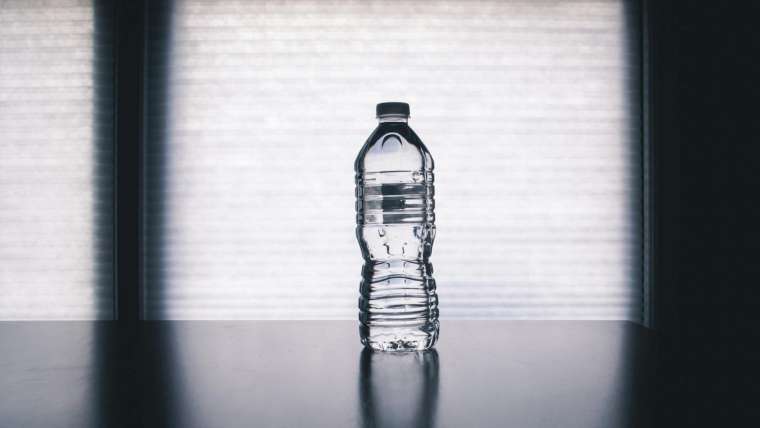Discover the secrets to managing and preventing cold sores with our expert tips and tricks for soothing your frosty lips.
Table of Contents
Cold sores are a common viral infection that affects many people. These small, fluid-filled blisters usually appear on or around the lips and can be quite painful and unsightly. Understanding the causes, symptoms, and treatment options for cold sores can help you manage and prevent outbreaks effectively.
Description of Cold Sores
Cold sores, also known as fever blisters, are caused by the herpes simplex virus (HSV). There are two main types of HSV – type 1, which primarily causes oral herpes (cold sores), and type 2, which primarily causes genital herpes. Cold sores are highly contagious and can spread through direct contact with the fluid from the blisters.
Symptoms and Triggers
The symptoms of a cold sore typically include a tingling or burning sensation around the lips, followed by the appearance of small blisters that eventually burst and crust over. Cold sores can be triggered by various factors, including stress, fatigue, sun exposure, hormonal changes, and a weakened immune system.
Treatment Options
While cold sores usually heal on their own within 7-10 days, there are several treatment options that can help reduce discomfort and speed up the healing process. Over-the-counter antiviral medications, such as acyclovir or docosanol cream, can help relieve pain and promote healing. In some cases, your healthcare provider may prescribe oral antiviral medications to manage severe or recurrent outbreaks.
Prevention Methods
Preventing cold sores involves minimizing triggers and maintaining a healthy lifestyle. Avoiding direct contact with individuals who have active cold sores, using sunscreen on the lips to protect against sun exposure, managing stress through relaxation techniques or therapy, and bolstering your immune system through a balanced diet and regular exercise can all help prevent cold sore outbreaks.
| Topic | Information |
|---|---|
| Cause of Cold Sores | Caused by the herpes simplex virus (HSV-1 or HSV-2); triggered by stress, illness, or sun exposure |
| Symptoms | Small fluid-filled blisters on the lips or around the mouth; pain or tingling before blisters appear |
| Treatment | Antiviral medications (pills or creams) can help reduce the severity and duration of cold sores; over-the-counter pain relievers can help with discomfort |
| Prevention | Avoid triggers such as stress, illness, and prolonged sun exposure; practice good hygiene, including not sharing utensils or personal items |
| Home Remedies | Applying ice packs, aloe vera gel, or tea tree oil to the affected area; keeping the area clean and dry |
Conclusion
By understanding the causes, symptoms, treatment options, and prevention methods for cold sores, you can take proactive steps to manage and prevent outbreaks effectively. If you frequently experience cold sores or have severe symptoms, it’s essential to consult with your healthcare provider for personalized advice and treatment.
Can cold sores be cured?
Answer 1: While there is no cure for cold sores, antiviral medications can help manage symptoms and reduce the duration of outbreaks.
Are cold sores contagious?
Answer 2: Yes, cold sores are highly contagious and can spread through direct contact with the fluid from the blisters.
How can I prevent cold sores?
Answer 3: To prevent cold sores, avoid triggers like stress and sun exposure, practice good hygiene, and maintain a healthy lifestyle.
Are there home remedies for cold sores?
Answer 4: Home remedies such as applying ice packs, aloe vera gel, or tea tree oil can help soothe cold sores. Keeping the affected area clean and dry is also important for healing.





